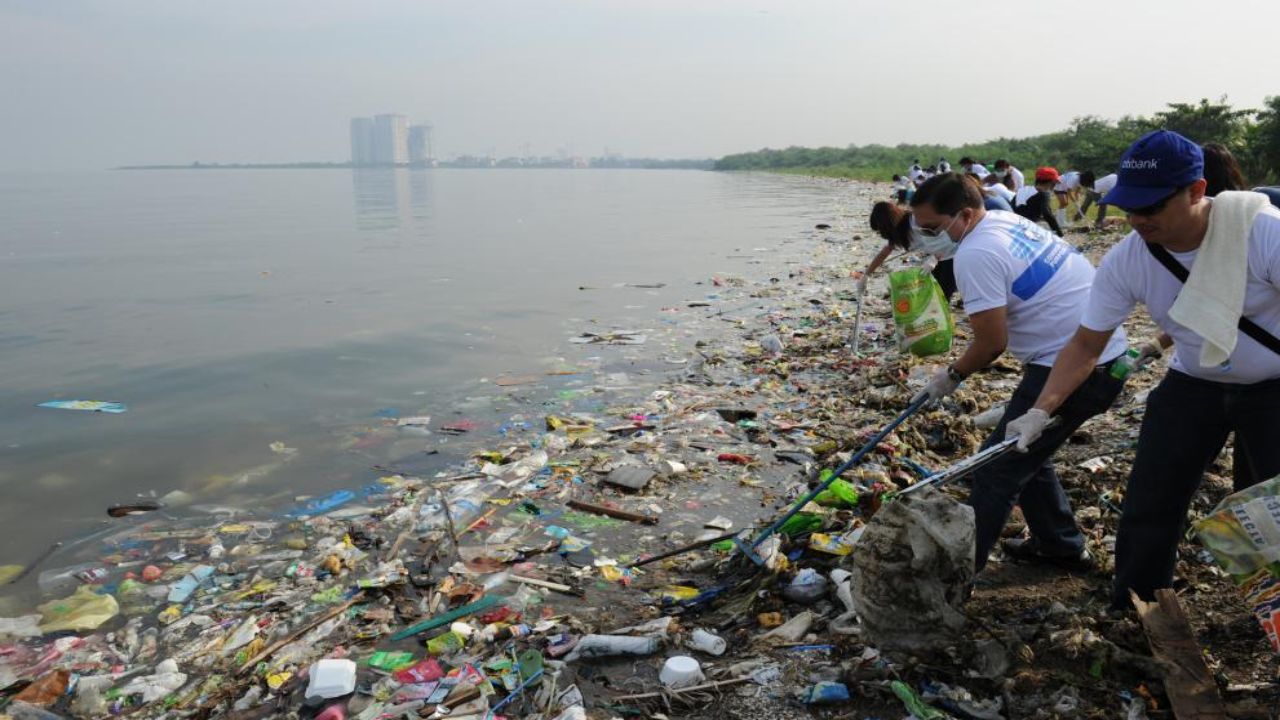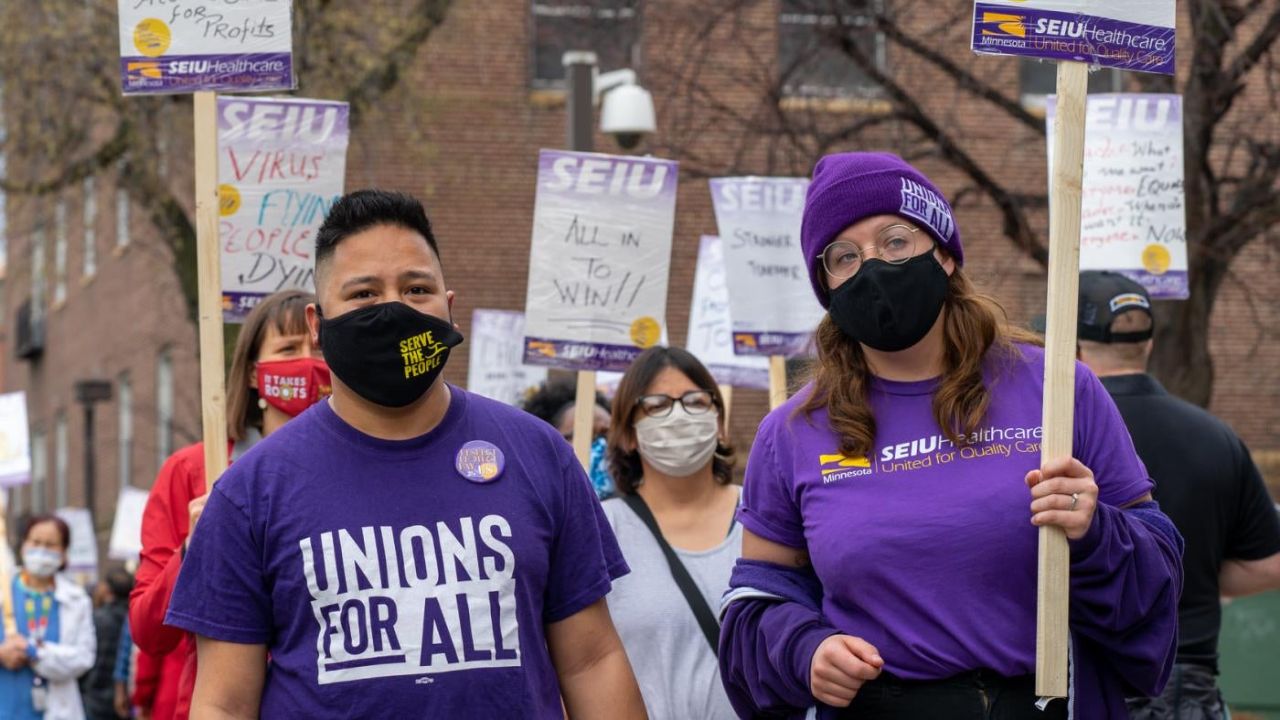In the age of social media, our virtual interactions often mirror the norms and behaviors of the physical world. From fashion trends to political discussions, the digital realm serves as a reflection of our society’s values and practices. One such topic that has gained attention both online and offline is the use of plastic bags. As we grapple with environmental concerns and sustainability, social media platforms have become platforms for discussions, activism, and even societal shifts regarding this ubiquitous item.
The Rise of Awareness
Social media has played a pivotal role in raising awareness about the environmental impact of plastic bags. Through viral campaigns, informative posts, and user-generated content, individuals and organizations have shed light on the harmful effects of every small trash bag on our planet. Platforms like Instagram and Twitter have become virtual stages for sharing facts, statistics, and personal anecdotes.

Challenging Norms and Behaviors
In addition to spreading awareness, social media has also challenged societal norms and behaviors surrounding the use of plastic bags. What was once considered a convenient and disposable item is now scrutinized through an environmental lens. Influencers and thought leaders leverage their online presence to advocate for eco-friendly alternatives and encourage followers to rethink their consumption habits. This shift in perspective has led to changes in consumer behavior, with many individuals opting for reusable bags and pressuring businesses to adopt sustainable practices.
Community Engagement and Activism

Social media platforms serve as virtual communities where like-minded individuals gather to discuss shared interests and causes. The issue of plastic bags has sparked online activism, with users organizing petitions, boycotts, and clean-up events. Hashtags such as #PlasticFreeLiving and #SayNoToPlasticBags facilitate conversation and mobilize individuals to take action both online and in their local communities. Through social media, individuals can amplify their voices and effect change on a larger scale.
Corporate Responsibility and Accountability
As public awareness grows, so does the pressure on corporations to address their role in the plastic pollution crisis. Social media provides a direct line of communication between consumers and businesses, allowing for transparency and accountability. Companies are increasingly scrutinized for their packaging choices and environmental practices, with consumers using platforms like Facebook and LinkedIn to call out unsustainable behaviors and demand change. This increased scrutiny has pushed many companies to rethink their approach to plastic usage and adopt more sustainable alternatives.
Educational Opportunities
Beyond activism and advocacy, social media serves as a valuable educational tool in the fight against plastic pollution. Environmental organizations, government agencies, and grassroots initiatives utilize platforms like YouTube and TikTok to share educational content, tutorials, and DIY solutions for reducing plastic waste. By making information accessible and engaging, social media empowers individuals to make informed choices and take meaningful action towards a plastic-free future.
In conclusion, social media has emerged as a powerful catalyst for changing attitudes and behaviors toward plastic bags.
